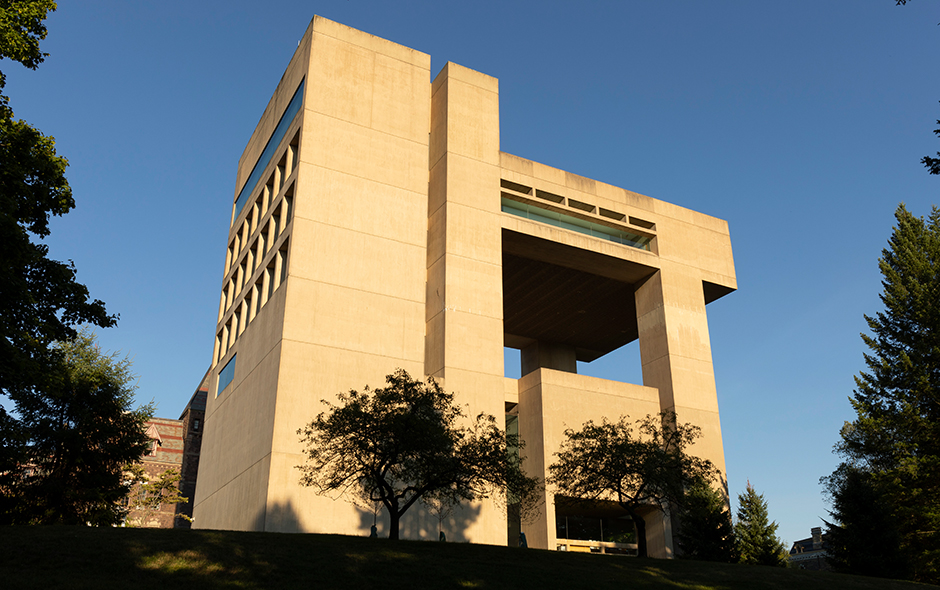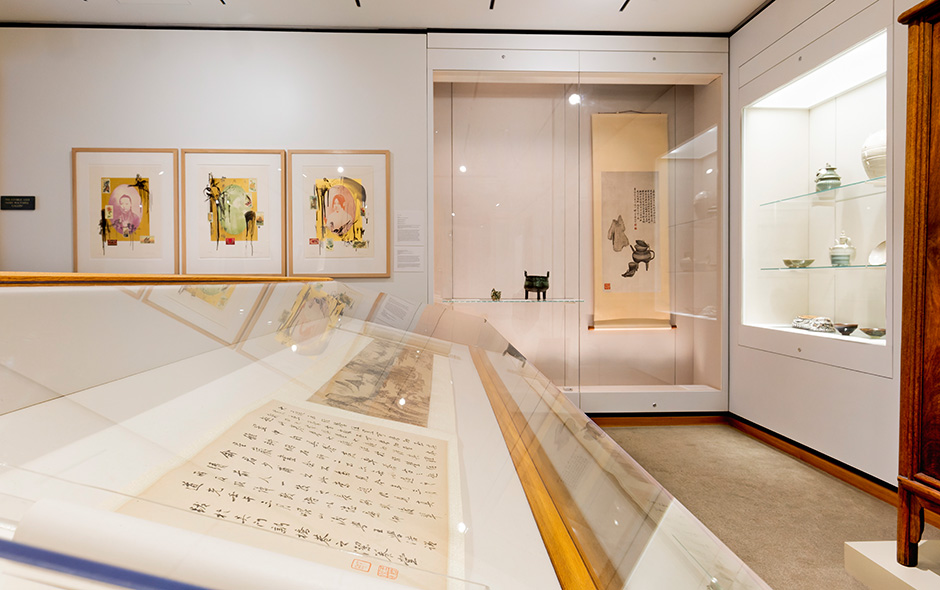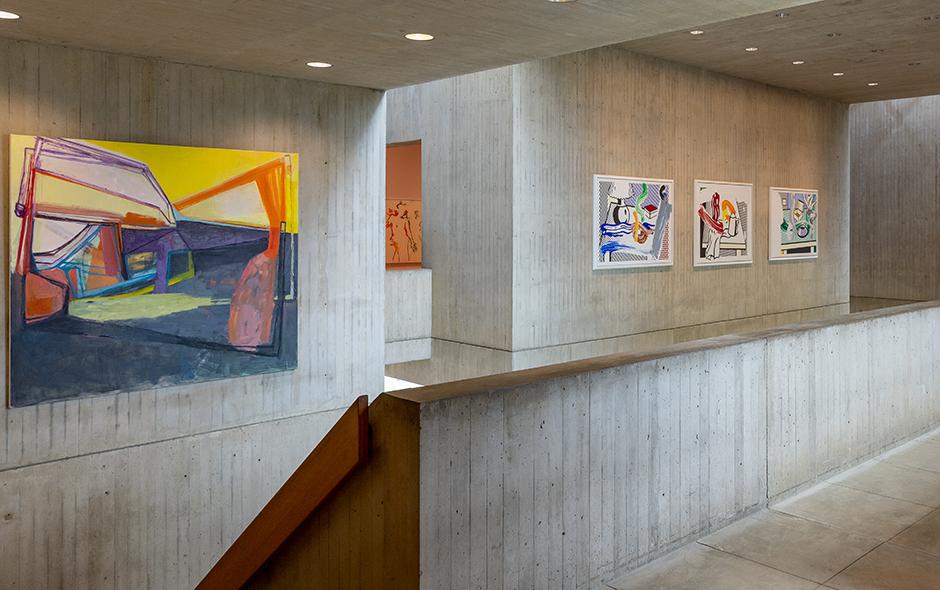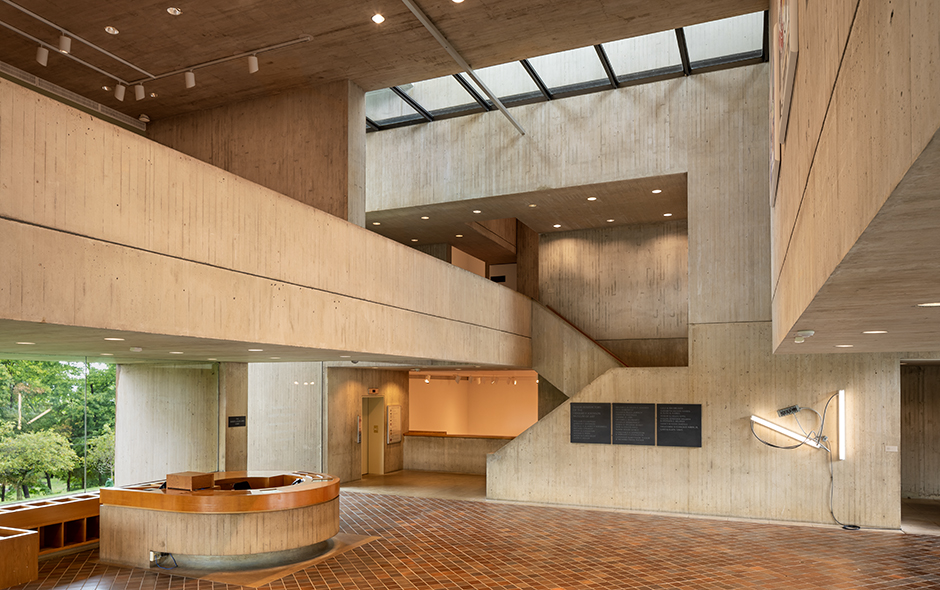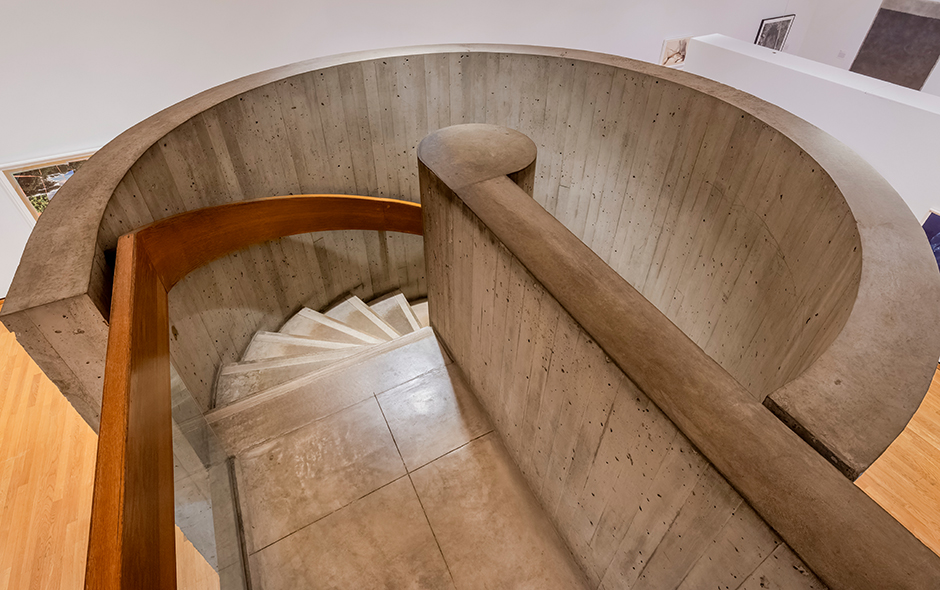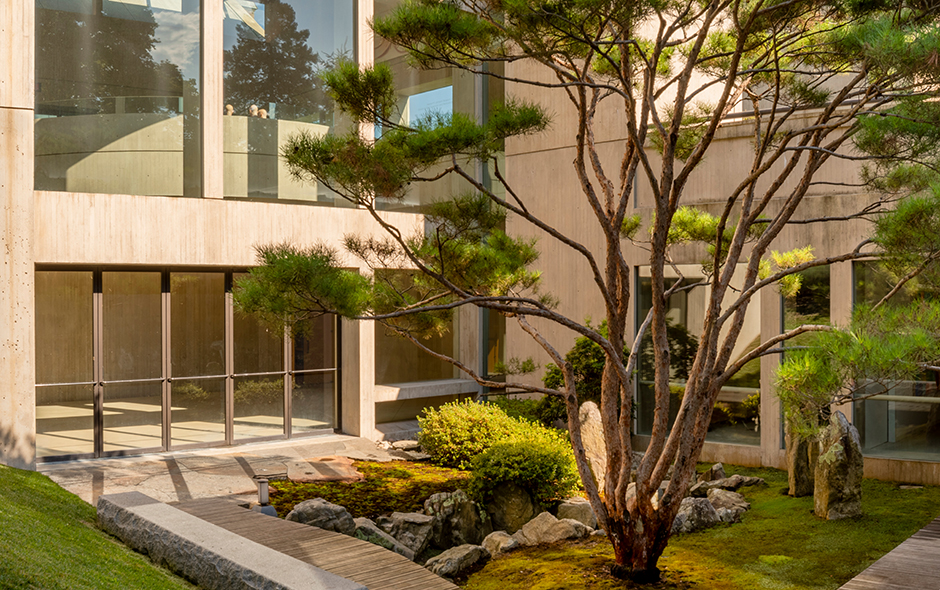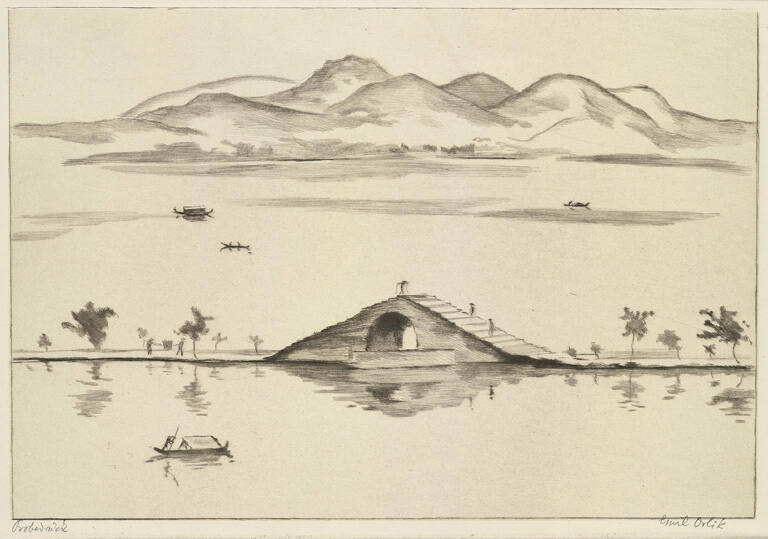
Object Details
Artist
Max Beckmann
Date
1922
Medium
Lithograph
Dimensions
19 1/2 × 15 3/4 inches (49.5 × 40 cm)
Credit Line
Gift of Ann E. Berman, Class of 1974, and Samuel S. Spektor Jr.
Object
Number
2011.044.002
Serving as a medical orderly during the war, the shock Beckmann felt at the experience of working wi(…)
Serving as a medical orderly during the war, the shock Beckmann felt at the experience of working with maimed and dying soldiers caused him to suffer a nervous breakdown and he was discharged from service in 1917. But the experience of the war would change his art dramatically, filling it with sordid, often horrifying imagery, reflecting his altered vision of himself and humanity.After the war, Beckmann continued in this vein and many of his works depict scenes of lust, cruelty, and pain in settings that have symbolic or allegorical overtones. Angular, harshly delineated figures are tightly grouped in a strangely compressed, flattened space that lends a disquieting tension to his scenes. While successful throughout the Weimar Republic years, his fortunes changed with the rise to power of Adolf Hitler, whose dislike of modern art quickly led to its suppression by the state. In 1933, the Nazi government called Beckmann a ‘cultural Bolshevik’ and dismissed him from his teaching position at the Art School in Frankfurt. In 1937 the government confiscated more than five hundred of his works from German museums, putting several on display in the notorious Degenerate Art exhibition in Munich. The day after Hitler’s radio speech about degenerate art in 1937, Beckmann left Germany with his second wife, Quappi, for the Netherlands where he lived in self-imposed exile for the next ten years, failing in his desperate attempts to obtain a visa for the United States. Astonishingly, in 1944 the Germans attempted to draft him into the army, although the sixty-year-old artist had suffered a heart attack. (“‘The War to End All Wars’: Artists and World War I,” curated by Nancy E. Green and presented at the Johnson Museum, January 21-June 11, 2017)After the war, Beckmann moved to the United States. During the last three years of his life, he taught at the art schools of Washington University in St. Louis and the Brooklyn Museum.



